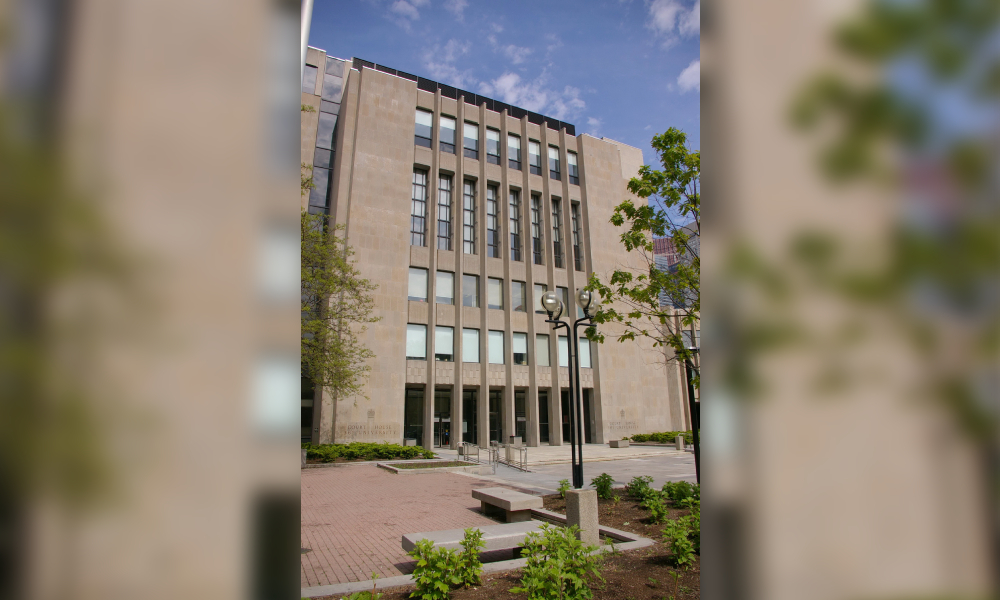Supporting and responding documents may also be filed by email

The Ontario Superior Court of Justice has announced that it is now accepting applications for certificates of appointment of estate trustee, including probate applications, via email, effective Oct. 6.
Supporting documents and responding documents may also be filed via email, with the email address varying depending on the court location, stated the court in its Consolidated Notice to the Profession, Litigants, Accused Persons, Public and the Media Re: Expanded Operations of Ontario Superior Court of Justice, which was released on May 13 and amended on Oct. 6.
Individuals who have opted to file their probate documents via email should keep the following in mind:
- Submit the application form and the supporting documents, such as affidavits, consents, proof of death, renunciations, draft certificates and motions, via email only.
- Fill up the information form and send it via email alongside the probate application.
- In the subject line of the email, state the court’s acronym, the area of law, the court file number and the document type.
- Ensure that each email, inclusive of attachments, does not go over 35 MB.
- Document attachments, which should be in PDF format, should contain only one court form for each attachment and should be named as follows: the court form number and the document type.
- For original supporting documents, such as wills, codicils, bonds and ancillary certificates, as well as certified copies, hard copies should be filed by mail or by courier to the court location where the application was filed or provided at the court office.
The court will then electronically issue and deliver via email the certificates of appointment of estate trustee.
Individuals may resubmit via email their applications which were filed before Oct. 6, in which case they can mention in the information form the date of their original submission and the method of the original delivery, such as whether it was filed by mail, by courier or at the court office.
The effects of this resubmission via email are as follows: The applicant will retain their position in the original queue. The court and its staff will rely on the resubmitted documents rather than relying on the paper documents submitted before. The court will then electronically issue and deliver via email the certificate of appointment of estate trustee.
The court noted that these guidelines do not apply to estate litigation documents, which should still be filed via Civil Submissions Online, which was launched on Aug. 5.
“It appears that this amendment will not only provide for the streamlining and ease that comes with access to electronic filing (especially in a COVID-19 world), it may also bring the possibility of having applications from higher volume court locations processed by staff in lower volume court locations to assist those that may be currently experiencing backlog,” wrote Sydney Osmar of Hull & Hull LLP in a blog post discussing these new guidelines.










